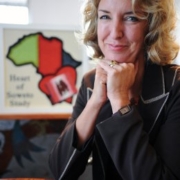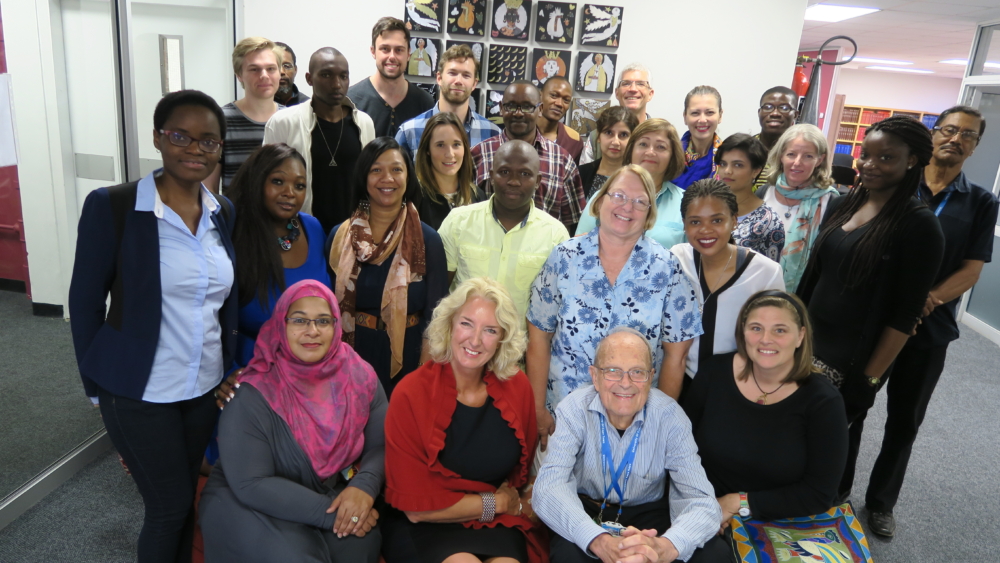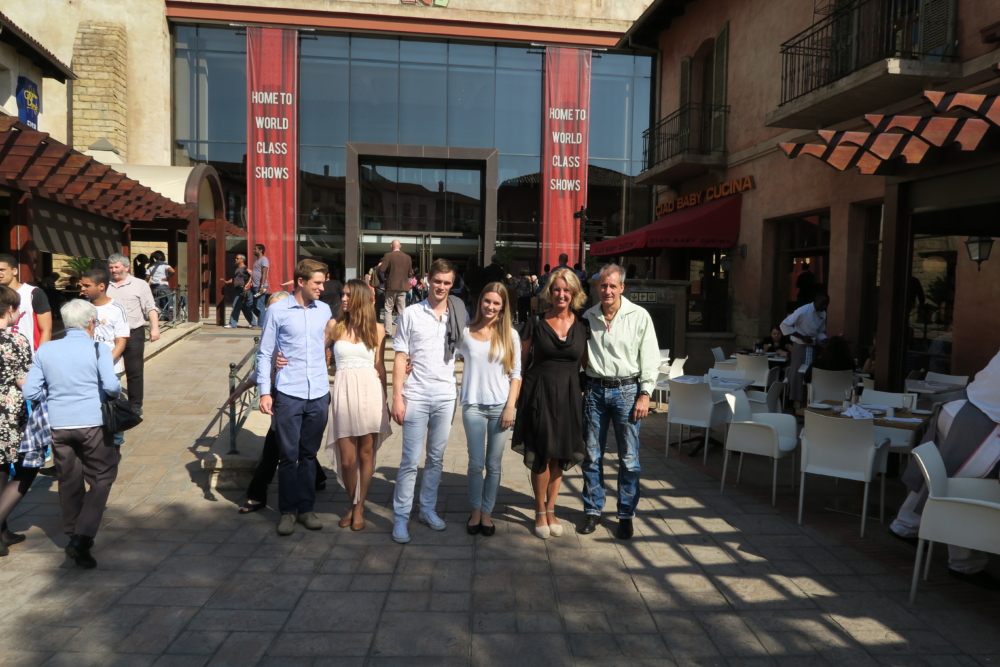
Position: Director: Hatter Institute for Cardiovascular Research in Africa, Faculty of Health Sciences, University of Cape Town Affiliation: 1. Hatter Institute for Cardiovascular Research in Africa, University of Cape Town 2. Department of Medicine, University of the Witwatersrand, Johannesburg, South Africa 3. Honorary Baker IDI Fellow, Melbourne, Australia

A picture taken on Professor Sliwa’s way to work in the morning in Cape Town
What is your role at your work?
I currently hold the position of Director of the Hatter Institute for Cardiovascular Research in Africa, University of Cape Town. I am a clinician-scientist, having trained as an internal medicine specialist and cardiologist. I have also obtained a Diploma in Tropical Medicine and Hygiene and a PhD related to immune activation in heart failure. I am leading several research working groups and do 2 specialized clinics per week (heart failure clinic and a clinic seeing pregnant women with cardiac diseases).

Hatter Institute for Cardiovascular Research in Africa Group picture April 2016
How did you get interested in your career path?
My career path was not really straightforward. I am by nature a very curious person and my career therefore developed somewhat by chance. If I spend time and energy on a topic I usually get fascinated by it and put in more time and effort. This leads usually to success and a career.
What are you most proud of in your career or otherwise?
One of the clinical conditions which became linked to my career path is peripartum cardiomyopathy which I became interested in by chance. I had help from a young African woman who helped looking after my first daughter when I started working in a hospital in Soweto, South Africa. I noticed how the woman, who had recently given birth, was becoming increasingly short of breath. When I took her to hospital all the local physicians were familiar with her condition – peripartum cardiomyopathy.
My research in this field over the past two decades has helped identify an underlying mechanism (a form of prolactin which exerts a detrimental effect on heart muscle), and a straightforward intervention (withdrawal of breastfeeding in addition to standard heart failure care). I have now expanded my research interests to other cardiac conditions associated with pregnancy.
What important career challenges have you faced and how did you overcome them?
Everyone who is planning a career will have challenges because having a career means competition by nature. It is inevitable that some people will be jealous of your successes. I usually strive for respectful and fair working relationships with my colleagues. I feel it is important to be good in a particular field, but also acknowledge the excellence of my colleagues in other areas.
What advice would you give your younger self?
To be a bit calmer and not to fight every battle with force. Many issues resolve themselves. A very practical approach is to give your competitor recognition for what they are good at, and seek a dialogue rather than to confront. It took me a few years to figure that out. Since then my life has been much more peaceful but I am still successful in my career.
I am a mother of two very bright, confident and successful daughters who are also very valuable human beings. I was always worried about not having enough time for them, as I worked full time. I think I worried far too much about that fact! However, I also have a wonderful husband- we just shared the responsibilities.

Karen Sliwa with her husband Dr. UR Hahnle, her daughters Julia and Lina
and their boyfriends visiting a show in South Africa
Highlight your most significant research contributions and publications (3-5) – if relevant to you.
Have you had any significant career mentors? If yes, please provide further details.
I have not had any specific career mentors but my career is built on strong collaborations with colleagues, which became friendships. I had a wonderful supervisor for my doctoral thesis – Prof. Blitstein-Willinger (Berlin, Germany), who really facilitated asking the right research questions and a speedy completion of my thesis.
How can we support the next generation of women scientists?
I feel that women in general are working together very well. Women in leadership positions usually make special efforts so that other women can join the team and follow their path. I think ‘career cafes’ (where one can meet for 30 minutes with a mentor) or other mentoring programs are highly important.